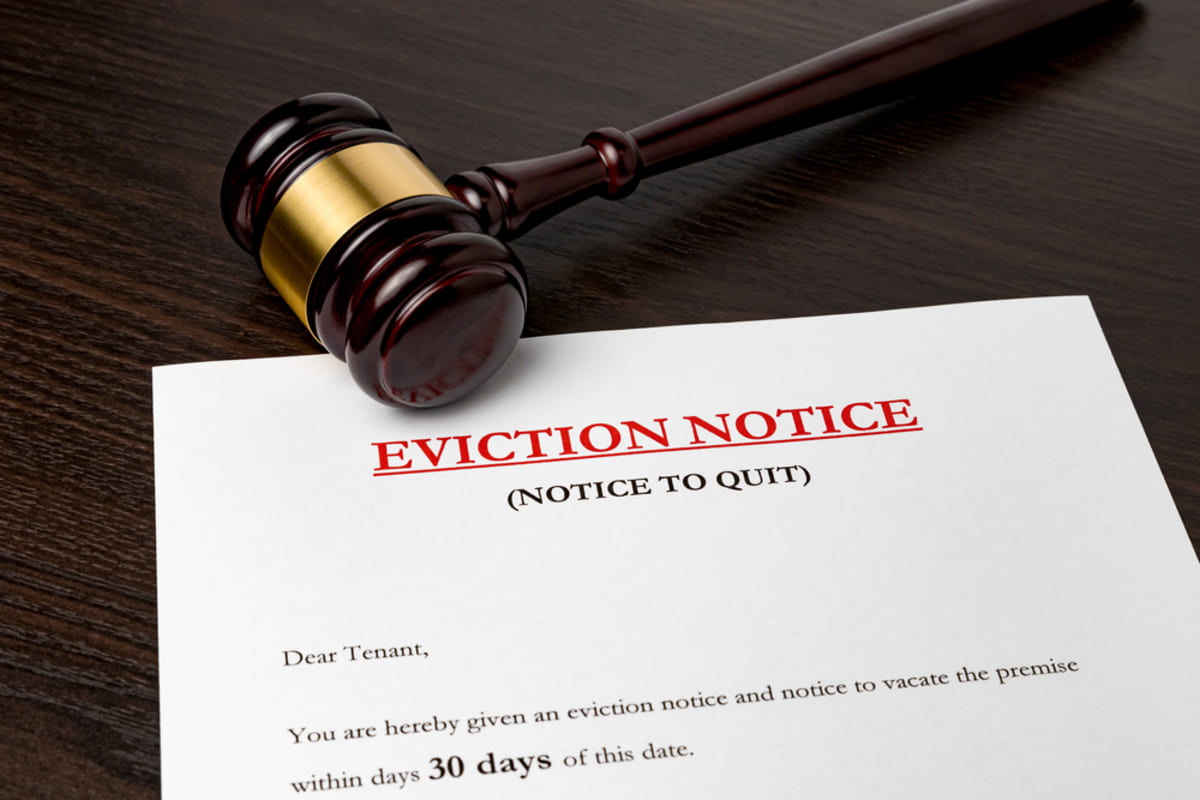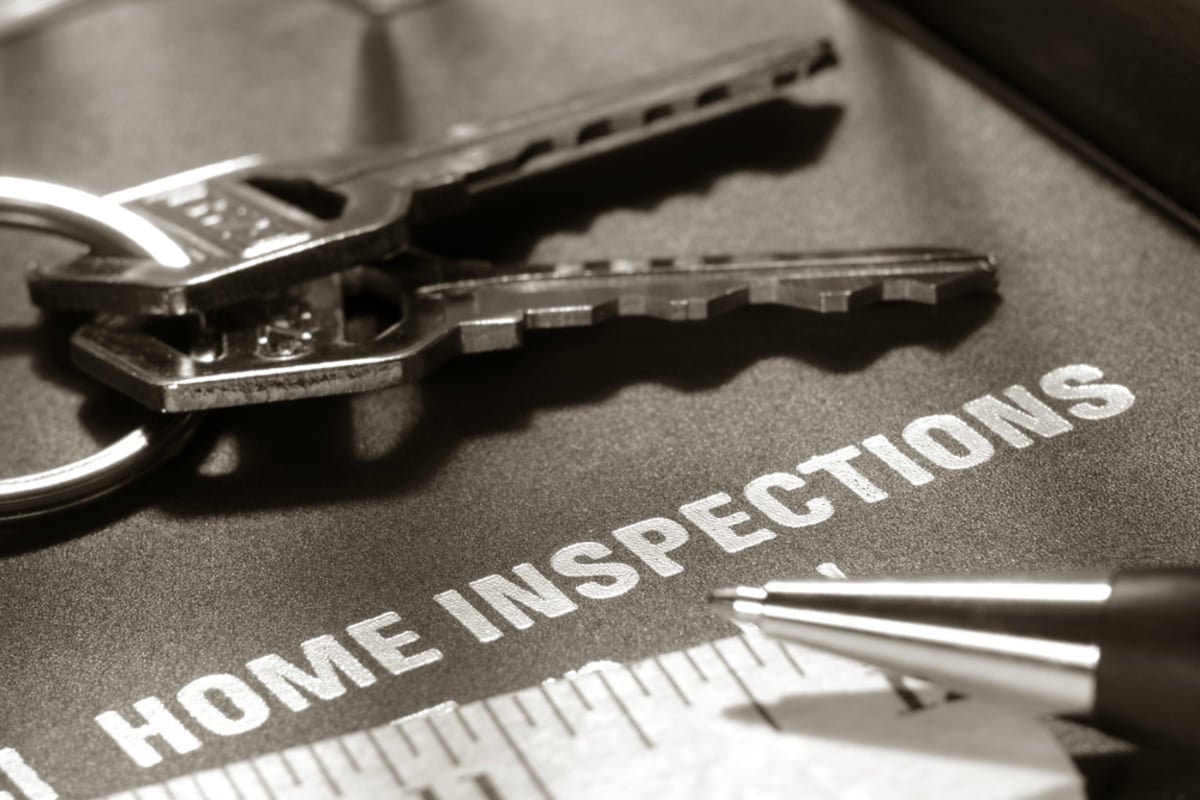Are you a property owner or landlord worried about the financial damages that can occur when tenants damage rental properties? Tenant damage often requires costly repairs, from ripped carpets and broken windows to graffiti-covered walls. Fortunately, you don’t have to worry any longer!
Our experts here at Charleston Property Company detail preventive measures you can take to protect your residential rental property from tenant damages. Whether you are just getting started in renting out properties or have been doing it for years, every owner should take steps to minimize repair costs and maximize their income potential.
How to Handle Tenant Property Damage
This section will delve into the steps that property owners and landlords should take in the unfortunate event of property damage by tenants. It's essential to handle these situations with a clear plan to maintain the value of your property and ensure your rental business remains profitable.
Assessing and Documenting Tenant Property Damage
Conducting a thorough assessment in the event of property damage is critical. A clear picture of the extent and nature of the damage will dictate your next steps. Strive to do this as soon as you become aware of the issue to prevent further damage.
It is essential to collect proper documentation while assessing the damage. This involves taking clear, high-resolution photographs of all areas of damage; make sure to capture different angles and distances for a complete record. We also recommend writing down a detailed description of the damage, including the location, extent, and other relevant information.
This documentation process is crucial as it provides concrete evidence of the damage, which can be used later in the eviction process or court if it comes to that.
Contact Your Tenant to Discuss the Issue
Once you have assessed and documented the damage, the next step is to contact the tenant. Open and transparent communication is vital in resolving such issues. Approach the conversation calmly and professionally, presenting the facts and your documentation of the damage.
During this conversation, give the tenant a chance to explain their side. They may have a reasonable explanation or be willing to take responsibility and cover the repair costs. Based on their response, you can proceed with further steps, such as using the security deposit or taking legal action.
Be sure to keep a record of all your communications with the tenant. This can further strengthen your case if you must resort to legal proceedings. Always ensure clear, concise, and respectful communication to maintain a professional relationship with your tenant.
Repair Damage and Deduct Costs From the Security Deposit
One of the primary purposes of a security deposit is to cover the costs of any damage caused by the tenant during their lease term beyond normal wear and tear. Once you have accurately assessed and documented the damage, obtained a reliable estimate for the repair costs, and discussed the issue with the tenant, you can proceed to repair the damage and deduct the necessary amount from the tenant's security deposit.
To start the repair process, engage professional services that are skilled in the specific type of damage you're dealing with. This may include general contractors, plumbers, electricians, or other specialists as needed. It's essential to ensure all repairs are completed to a professional standard to maintain the value and appeal of your property.
Upon completion of the repairs, calculate the total expenses incurred, including labor costs, materials used, and other related expenses. This total cost will be the amount you deduct from the tenant's security deposit.
It's vital to provide the tenant with an itemized list of these deductions, showing the reasons for each deduction and the corresponding amount. This transparency helps to avoid disputes over the deductions and demonstrates your professionalism as a landlord.
Go to Court, If Necessary
If the tenant refuses to take responsibility for the damage or does not respond to your attempts at communication, the next course of action to consider is serving a notice. The type of notice served will depend on your local laws. Still, it often involves a formal written document outlining the tenant's violation and providing a period for the tenant to address and rectify the situation.
If there is no response or the tenant fails to rectify the damage within the stated period, you can proceed to file a lawsuit in small claims court to recover the repair costs. It's essential to have all your documentation ready for this process, including the signed lease agreement, evidence of the damage, repair cost estimates, and records of all communications with the tenant regarding the issue.
 Eviction: A Last Resort
Eviction: A Last Resort
In extreme cases, where the damage is substantial or the tenant has no intention of taking responsibility, eviction might become necessary. The process involves serving an eviction notice, following your jurisdiction's laws and guidelines. Most laws require landlords to provide a valid reason for eviction, in this case, property damage, and give the tenant a chance to remedy the situation before proceeding.
Consulting a Legal Professional
We recommend consulting a legal professional before making significant decisions, such as serving a notice, filing a lawsuit, or pursuing an eviction. A legal professional can guide the best course of action based on local laws, your documentation, and the specifics of your situation.
They can also assist you in preparing any legal documents needed and represent you in any legal proceedings. This expert guidance can help you navigate these challenging situations with a clear plan, mitigating potential risks and ensuring the best outcome for your rental business.
How to Prevent Future Tenant Property Damage
Preventing damages before they even occur is the best strategy for preserving the value of your rental property. In this section, we provide valuable tips and strategies to help you guard against future property damage, thus ensuring a stress-free landlord-tenant relationship and a healthy rental business.
Invest in Rental Property Insurance
Investing in rental property insurance is a must-do for any landlord, as unforeseen damages can cost you a fortune. It's essential to protect yourself and your investment from any unexpected mishaps that could occur, such as floods, fires, or vandalism. Not only will the right insurance policy cover the cost of repairs, but it can also provide liability coverage, protecting you from legal issues.
It's always better to be safe than sorry when it comes to rental property, so investing in the right insurance is a smart move that will give you peace of mind.
Increase Tenant Screening Processes
As a landlord, ensuring that tenants are a good fit for your property is crucial to avoid any potential damages in the future. Landlords can make better-informed decisions regarding potential tenants by increasing the screening process. A thorough screening process should include running credit and criminal background checks and verifying employment and rental histories.
While rushing through the screening process to fill a vacant property quickly may be tempting, evaluating applicants adequately can save you time, money, and headaches. By implementing more rigorous screening techniques, landlords can minimize the chances of dealing with property damage, eviction processes, and other legal issues. It may require additional effort on the front end, but the benefits of a robust screening process far outweigh the risks of letting in an unsuitable tenant.
Collaborate with a Property Management Company
Working with a professional property management company can protect your rental property from potential tenant damage. With their extensive experience in the field, these companies have well-designed strategies that prevent damage and tackle it efficiently if it occurs.
Property management companies conduct thorough tenant screening processes, utilizing comprehensive checks for credit history, past rental behavior, and criminal records. Their rigorous vetting process can significantly reduce the risk of renting to irresponsible tenants who might cause property damage.
Moreover, a property management company can enforce strict lease agreements outlining the tenants' responsibilities towards maintaining the property and the penalties for causing damage. They ensure every tenant is fully aware of their obligations before moving in, reducing the chances of negligence.
In the unfortunate event of property damage, a property management company has protocols to handle such situations. They will promptly conduct detailed assessments, accurately document the damage, and liaise effectively with the tenant. Their professional approach helps to address the issue without damaging the landlord-tenant relationship.
Property management companies also have an established network of contractors who can perform high-quality repair work quickly and at competitive prices. This helps restore your property to its original state without significant delays or cost overruns.
 The Role of a Property Manager in Handling Tenant Property Damage
The Role of a Property Manager in Handling Tenant Property Damage
Handling tenant property damage can be a challenging aspect of property management. Still, with a clear plan and the right resources, mitigating the impact and protecting your rental business is possible.
At Charleston Property Company, we have the expertise to guide you through these difficulties, from prevention to resolution. We provide comprehensive property management services, including detailed property inspections, thorough tenant screenings, and expert handling of issues like property damage.
Our team can help you navigate the complexities of property management, allowing you to focus on maximizing your rental income and growing your property portfolio. Trust Charleston Property Company to ensure your properties are well-maintained, your tenant relationships are strong, and your peace of mind is secure.
For more help, download our Protecting Your Investment Property: A Guide today!


 Eviction: A Last Resort
Eviction: A Last Resort The Role of a Property Manager in Handling Tenant Property Damage
The Role of a Property Manager in Handling Tenant Property Damage





